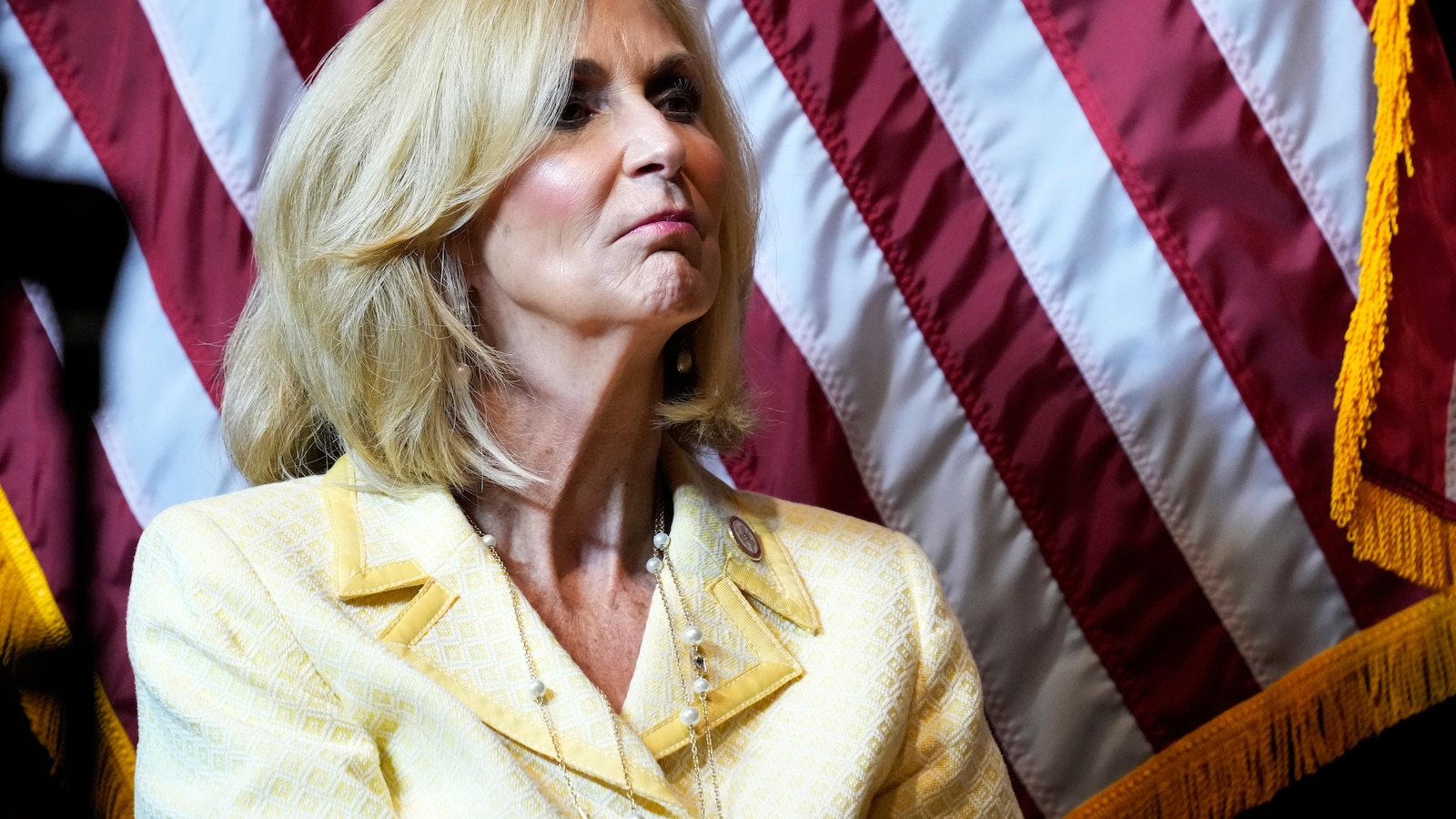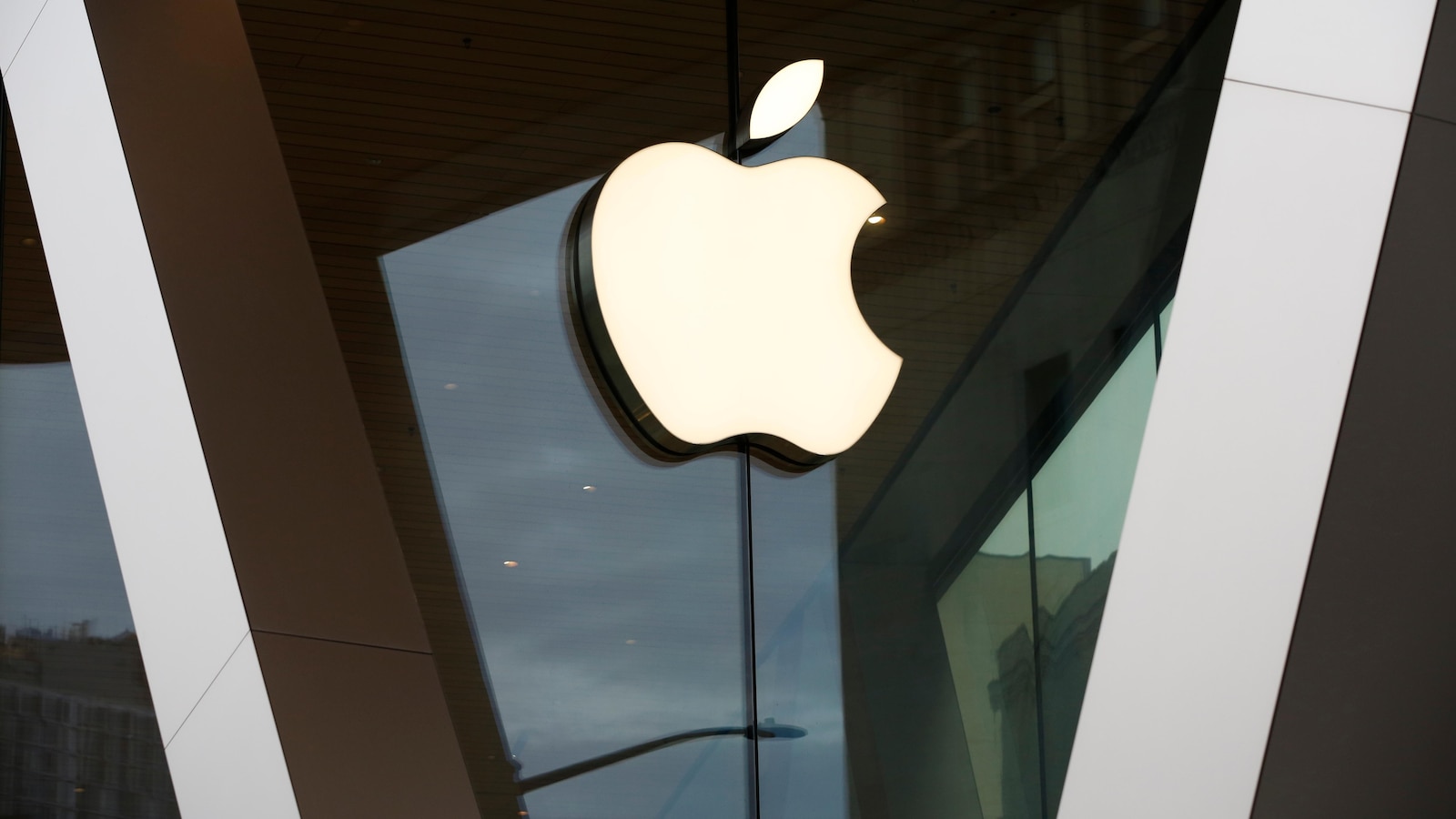
JACKSON, Miss. — A federal judge on Monday blocked a Mississippi law that would require users of websites and other digital services to verify their age.
The preliminary injunction by U.S. District Judge Sul Ozerden came the same day the law was set to take effect. A tech industry group sued Mississippi on June 7, arguing the law would unconstitutionally limit access to online speech for minors and adults.
Legislators said the law is designed to protect children from sexually explicit material.
“It is not lost on the Court the seriousness of the issue the legislature was attempting to address, nor does the Court doubt the good intentions behind the enactment of (the law),” Ozderen wrote.
The U.S. Supreme Court has held that any law that dealing with speech “is subject to strict scrutiny regardless of the government’s benign motive,'” Ozerden wrote.
Republican Gov. Tate Reeves signed the legislation after it passed the GOP-controlled House and Senate without opposition from either party.
The suit challenging the law was filed by NetChoice, whose members include Google, which owns YouTube; Snap Inc., the parent company of Snapchat; and Meta, the parent company of Facebook and Instagram.
NetChoice has persuaded judges to block similar laws in other states, including Arkansas, California and Ohio.
Chris Marchese, director of the NetChoice Litigation Center, said in a statement Monday that the Mississippi law should be struck down permanently because “mandating age and identity verification for digital services will undermine privacy and stifle the free exchange of ideas.”
“Mississippians have a First Amendment right to access lawful information online free from government censorship,” Marchese said.
Mississippi Attorney General Lynn Fitch argued in a court filing that steps such as age verification for digital sites could mitigate harm caused by “sex trafficking, sexual abuse, child pornography, targeted harassment, sextortion, incitement to suicide and self-harm, and other harmful and often illegal conduct against children.”
Fitch wrote that the law does not limit speech but instead regulates the “non-expressive conduct” of online platforms. Ozerden said he was not persuaded that the law “merely regulates non-expressive conduct.”
Utah is among the states sued by NetChoice over laws that imposed strict limits for children seeking access to social media. In March, Republican Gov. Spencer Cox signed revisions to the Utah laws. The new laws require social media companies to verify their users’ ages and disable certain features on accounts owned by Utah youths. Utah legislators removed a requirement that parents consent to their child opening an account after many raised concerns that they would need to enter data that could compromise their online security.
A federal judge has issued an injunction against a Mississippi law that would require websites to verify the age of users before allowing them access to certain content. The law, known as the “Age Verification Act,” was passed in an effort to protect minors from accessing inappropriate or harmful material online.
The law would have required websites to use age verification tools, such as requiring users to input their date of birth or provide a form of identification, in order to access content that is deemed harmful to minors. Failure to comply with the law could result in fines and other penalties for website operators.
However, the law faced immediate backlash from free speech advocates and internet rights groups, who argued that it would infringe on the First Amendment rights of website operators and users. They also raised concerns about the potential for abuse of personal information collected through age verification tools.
In response to a lawsuit filed by several internet rights groups, a federal judge issued an injunction against the law, preventing it from being enforced while the legal challenge is ongoing. The judge cited concerns about the law’s potential impact on free speech and privacy rights, and questioned whether it was the most effective way to protect minors online.
The decision to issue an injunction against the Mississippi Age Verification Act highlights the ongoing debate over how best to balance the protection of minors with the rights of website operators and users. While there is broad consensus that children should be protected from harmful content online, there is disagreement over the best approach to achieving this goal.
Some argue that age verification tools are necessary to prevent minors from accessing inappropriate material online, while others believe that such tools are overly burdensome and ineffective. The debate is likely to continue as lawmakers and courts grapple with how best to address the challenges of regulating content on the internet while protecting free speech and privacy rights.


